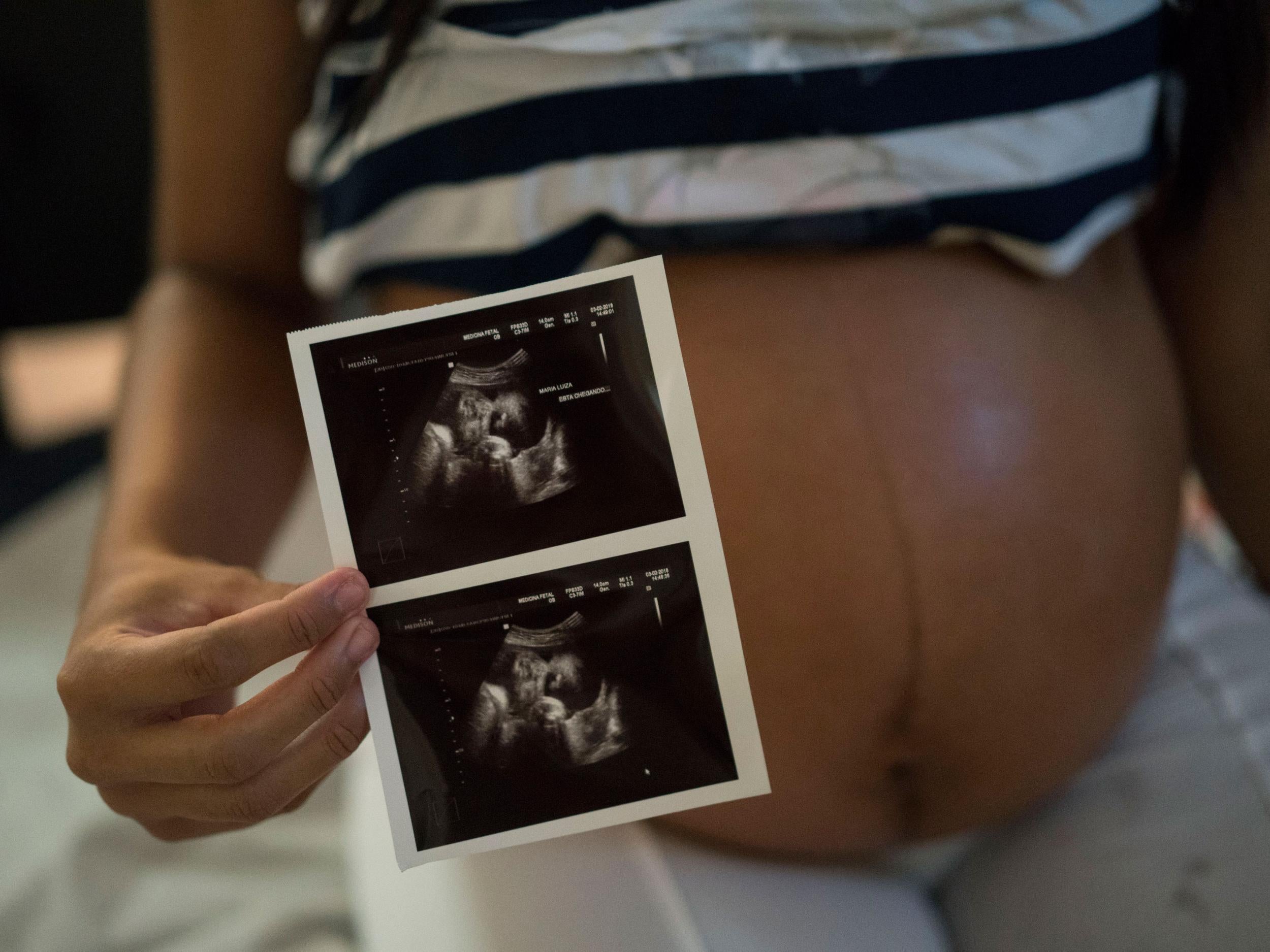Zika virus in UK: Four cases of endemic linked to birth defects confirmed in Britain
The cases are linked to the current outbreak in South America

Your support helps us to tell the story
From reproductive rights to climate change to Big Tech, The Independent is on the ground when the story is developing. Whether it's investigating the financials of Elon Musk's pro-Trump PAC or producing our latest documentary, 'The A Word', which shines a light on the American women fighting for reproductive rights, we know how important it is to parse out the facts from the messaging.
At such a critical moment in US history, we need reporters on the ground. Your donation allows us to keep sending journalists to speak to both sides of the story.
The Independent is trusted by Americans across the entire political spectrum. And unlike many other quality news outlets, we choose not to lock Americans out of our reporting and analysis with paywalls. We believe quality journalism should be available to everyone, paid for by those who can afford it.
Your support makes all the difference.Four case of Zika virus have been confirmed in the UK in the last six weeks by British health authorities.
Dr Dily Morgan from Public Health England (PHE) told a parliamentary committee these cases were "travel associated" and not thought to be contracted in the UK.
PHE said it has been monitoring various surveillance systems and tracking women who call in with concerns about the virus.
Dr Morgan, PHE's head of the gastrointestinal, emerging and zoonotic infections department, told the Commons' Science and Technology Committee there have been seven travel-associated Zika cases documented in UK.
Six of the cases are linked to the current outbreak in South America, including the four since the start of the year.
When asked what advice GPs are giving to patients who have travelled to affected countries, she told MPs: "We are dealing with these cases all the time, it very much depends on where the woman has been, what the woman has done, has she gone to an area of high transmission where there have been lots of cases reported?
"I think there is a gradation of the risk which we can give.
"I don't feel we should be worrying these women too much when not every foetus will be affected, we don't know what the proportion is but we know it is probably low looking at the numbers so I think there are various reassurances we can give, but what we shouldn't do is give reassurances about the evidence."
Dr Morgan confirmed that PHE is using "various surveillance schemes" to track and monitor woman asking for testing in relation to the Zika virus.
She added: "What we are doing is explaining what we do know and how best people can be protected, reassuring them that there is no risk to the UK population.
"It is a risk to travellers, of those travellers your risk of acquiring Zika depends on where you are travelling - you are likely to get a very mild illness if you notice anything at all but if you are pregnant then you may be at risk of an abnormal foetus which is obviously devastating."
"We have been trying to communicate those risks and we have been working with the medical profession so that when women do go and want to discuss it with their healthcare providers then they are in a better position of how to advise them."
The Zika virus is linked with the birth defect microcephaly, which sees children born with abnormally small brains, along with a neurological syndrome which can cause paralysis.
The disease has spread across South and Central America with a handful of cases being reported in the UK, US and Germany.
Zika is spread to people primarily through the bite of an infected Aedes species mosquito and cannot be spread through everyday human-to-human contact.
There is currently no known cure or vaccine.
MPs were told that there had been a "pre-Scientific Advisory Group for Emergencies" meeting where experts concluded that the risk to the UK population was very low.
Join our commenting forum
Join thought-provoking conversations, follow other Independent readers and see their replies
Comments